|
Ever wondered if there's something you could be doing to move your art journey forward aside from practicing your technical drawing/painting skills? Have you ever considered the fact that your daily habits and mental attitudes may be the source of your artistic stagnation and frequent struggles with art block?
If you're a beginner or intermediate artist of any kind, you're most likely spending a lot of time each week searching for tutorials or art classes that will help you improve your drawing and/or painting skills. You may be investing a lot of hours practicing and, while you may be improving, you still feel stuck or frustrated. It's absolutely amazing that you're taking your art seriously and investing time in developing those technical skills. It's incredibly important to build up abilities that will allow us to produce quality artwork. However, being an artist can be tough mentally and it's just as important to work on having healthy and positive mental habits. It's important to embrace the point we're currently at and believe we have it in us to get to the skill level we want to be at. By working on both our cold artistic skills, as well as our positive mental habits simultaneously, there's a much greater chance we'll reach success and will be able to sustain it throughout the years. In today's blog post/YouTube video I'll be sharing the top five issues that keep us from progressing as fast as we could be, and are also probably making our artistic journeys a lot less enjoyable! After each point, I'll be sharing some practical tips that you can use when you find yourself falling into these black holes. Most of us are guilty of at least a few of these and, while it's totally normal for us to experience them from time to time, it's useful to have methods which will help put us back on a constructive path. If you've read more of my past blog posts, or watched any of my YouTube videos, you're probably aware that I owe much of my artistic progress to my mindset and general life habits. As an artist struggling with anxiety, it's incredibly important for me to keep my mental health in check and devote time to my own well-being. Since I've implemented a series of changes in my life, my work and productivity levels have made a huge turn for the better. Check out my past blog post titled 10 Positive Affirmations for Artists to Maximize Productivity and Happiness.
If you enjoyed this video and found it helpful, make sure to subscribe to my YouTube channel. I share a brand new video every week with art tips, drawing and painting tutorials and mindset/productivity tips for artists. *Subscribe HERE*
Habits and Attitudes to Set Aside NOW1. Chasing Perfection + Fear of Failure Perfectionism and fear of failure are the absolute worst enemies of creativity. Exploration is a fundamental part of being an artist, and, how are we going to embrace it if we are always living in fear of not producing the most beautiful outcome? It's essential for us to be able to produce large quantities of work and learn to view mistakes as signs of artistic growth. Though in many life situations, quality is more important than quantity, I don't think this is the case for artists, especially when he/she is just starting out. At the beginning, production should be constant, and we should expect it to be messy. The more you produce, the better you become. Never fear a blank page or canvas. Art is not meant to be perfect, and chasing perfection all the time isn't going to make you more of an artist. In fact, I believe that it's imperfections that make an artwork special. This means it was created by a human hands and not a machine! *What to do if you feel you can't get out of this: Build up your confidence incrementally. Make sure that you've learned and practiced art fundamentals enough. Then, create smaller sketches and artworks, and build from there. Slowly but surely, you'll gain more and more confidence and you'll face greater challenges more organically. Learn to embrace exploration as a fundamental part of the artistic process. Smaller studies are just as important as those larger pieces you're striving to create! Check out my blog post titled Why Sketchbooks are Essential Tools for Artists + A Few Usage Tips, to learn about why it's so important to create art consistently and useful tips to make the most out of your sketchbook practice. 2. Constantly comparing yourself to other artists No two people in the world are the same and we know this. We have all been through different life situations and have been influenced by combinations of different things. All of us have our own quirks, tastes, strengths and weaknesses, and unique traits that make us....us. And all of this is great because, we can work towards creating unique art that truly represents us! Why would you want to be somebody else, in the first place? I mean, I get it! It's hard not to compare your skill level to other artists' when you're constantly seeing so many magnificent artworks through social media. However, most of the time, these people aren't sharing their struggles and mistakes and only their finalized successful pieces. Not to mention, you have no idea how long he/she has been working to get to that point. How long have YOU been working at it? When you see works by an artist you consider amazingly talented, view them as a point that you can get to if you work really hard, and leave aside any feelings of jealousy or insecurity! *What to do if you feel you can't get out of this: Limit your intake of other artists' work to only specific days each week. Consider periods in which you aren't actively searching for external influences as periods of "incubation". These phases are incredibly important, as they allow you to truly digest the information you've taken in, think about how you can make it your own, and really bring forth your OWN ideas! I cannot tell you how important these periods are, especially when you're already working on finding your own artistic voice and style! 3. Downright copying other artists work and not giving any thought (or importance) to your own ideas/voice There's nothing wrong with getting inspired by other artists, especially when we're just starting out and searching for our own artistic style/voice. We're all influenced by external factors, whether we want to admit it or not. Personally, I started drawing by copying Sailor Moon cards when I was a little girl! I think most of us start by copying and we can definitely learn a lot from studying a particular artist's style/technique. However, these are studies and, more often than not, we should keep these to ourselves. It's important to recognize that constantly copying other artists' work and not giving any thought to what you personally want to put out into the world, isn't going to help you progress past a certain technical point. Isn't this the whole point of creating art getting your own thoughts and ideas out into the world, anyway? This is something we should all be striving for at the end, I think. *What to do if you feel you can't get out of this: A while back, I wrote a very thorough blog post explaining the method I personally use to get inspired by other artists while still creating original artwork. In this post, I take you step-by-step through this process and share my end-product with you! Find this post here: How to Effectively Use Other Artists' Work as Inspiration and a Great Method to Start Developing Your Own Artistic Style. The idea is quite simple. Instead of focusing on copying one artist's work, study several different pieces by three of your favorite artists simultaneously. This will challenge you to arrive at those characteristics that call out to you, personally, about their works and to combine them all into one new artwork! 4. Being inconsistent in your practice I know that life gets crazy busy. We have jobs, families and life is unpredictable. However, if your art is important to you and you really want to make something out of it one day, it's imperative to make it a priority. If you don't practice consistently, your skills are going to stay stagnant at best (if you're lucky). This said, smaller explorations and sketches are definitely ways of progressing! As I mentioned before, sketchbook work and smaller pieces are just as important as larger artworks. The trick here is to stay consistent and keep moving forward in any way you can. Use your creative muscles and get your ideas down on paper as frequently as possible, otherwise, it's going to be hard for you to get to the point you want to be at. *What to do if you feel you can't get out of this: Only have 15-20 minutes today? No problem! Get that sketchbook out and create a quick pencil sketch! Not enough energy to concentrate after a tough day at work? Do at least a loose, abstract exploration of color, line and shape! Invest a few minutes of your day into planning a new project and schedule some time in this weekend, when life isn't as crazy. The point is to keep moving forward and keep your end-goal in mind, always! 5. Not making time for exploration I've already mentioned that exploration and art go hand in hand. It's through exploration that we get to know ourselves as artists and bring new life to our work. Exploration isn't only incredibly important in the beginning of our journeys! Any artist, no matter how talented or established, should continue making time for new challenges because this will help prevent stagnation and take his/her artwork to new levels. Exploring new mediums and techniques helps expand our knowledge and enhances our work. By making time for exploration, we arrive at ideas that we would have otherwise never thought of. *What to do if you feel you can't get out of this: Set aside time, each month, to explore something you don't usually explore. It doesn't necessarily mean you should go out and buy expensive art supplies that you may end up never using again! It can simply mean trying your hand at creating a landscape when you usually focus on abstract work, or finally trying out that gouache paint set you've had buried in your closet for months. You can also collect a few old magazines and create a few collages! Have fun with it! Here's a video in which I share my favorite method for overcoming Art Block, as well as a time-lapse of an exploratory oil painting I worked on a few weeks ago.
If you enjoyed this video and found it helpful, make sure to subscribe to my YouTube channel. I share a brand new video every week with art tips, drawing and painting tutorials and mindset/productivity tips for artists. *Subscribe HERE*
Which of the five habits or attitudes mentioned here has caused YOU the most trouble as you try to progress artistically? I'd love to hear from you in the comments section below!
10 Comments
5/21/2018 08:49:05 am
I absolutely love this! I too am an artist and often get the block but thankful for Pinterest for giving me ideas on what project to work on next. I really appreciate the tips. Thank you
Reply
Erika Lancaster
5/22/2018 08:23:49 am
Hi Kelli-Anne,
Reply
Erika Lancaster
5/22/2018 08:26:45 am
Hi Ye Chen!
Reply
Erika Lancaster
5/22/2018 08:14:31 am
Hi Michelle,
Reply
1/11/2023 10:39:22 am
If you're a beginner or intermediate artist of any kind, you're most likely spending a lot of time each week searching for tutorials or art classes that will help, Thank you for the beautiful post!
Reply
1/18/2023 09:52:58 am
Hi, there!
Reply
3/6/2023 08:53:34 am
Hi, Ajay!
Reply
Leave a Reply. |
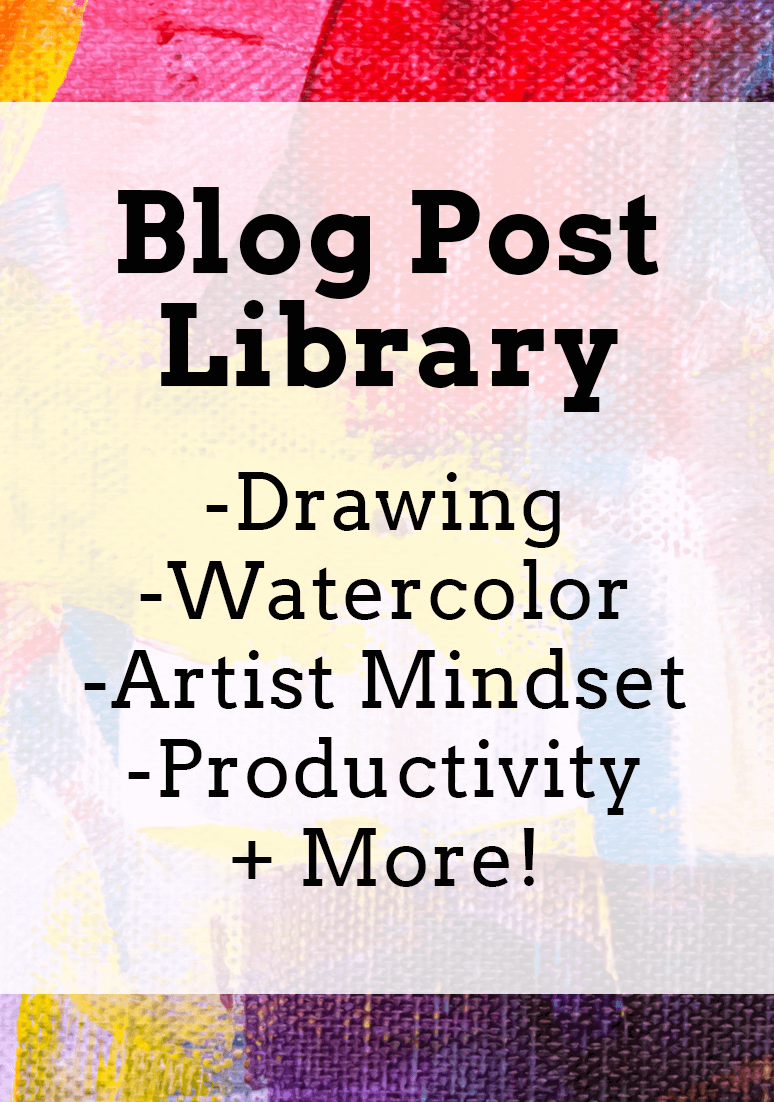
www.erikalancaster.com
is a participant in the Amazon Services LLC Associates Program, an affiliate advertising program designed to provide a means for sites to earn advertising fees by advertising and linking to amazon.com. www.erikalancaster.com is a participant in the Shareasale.com Affiliate Program, an affiliate advertising program designed to provide a means for sites to earn advertising fees by advertising and linking to Shareasale.com partner companies. |

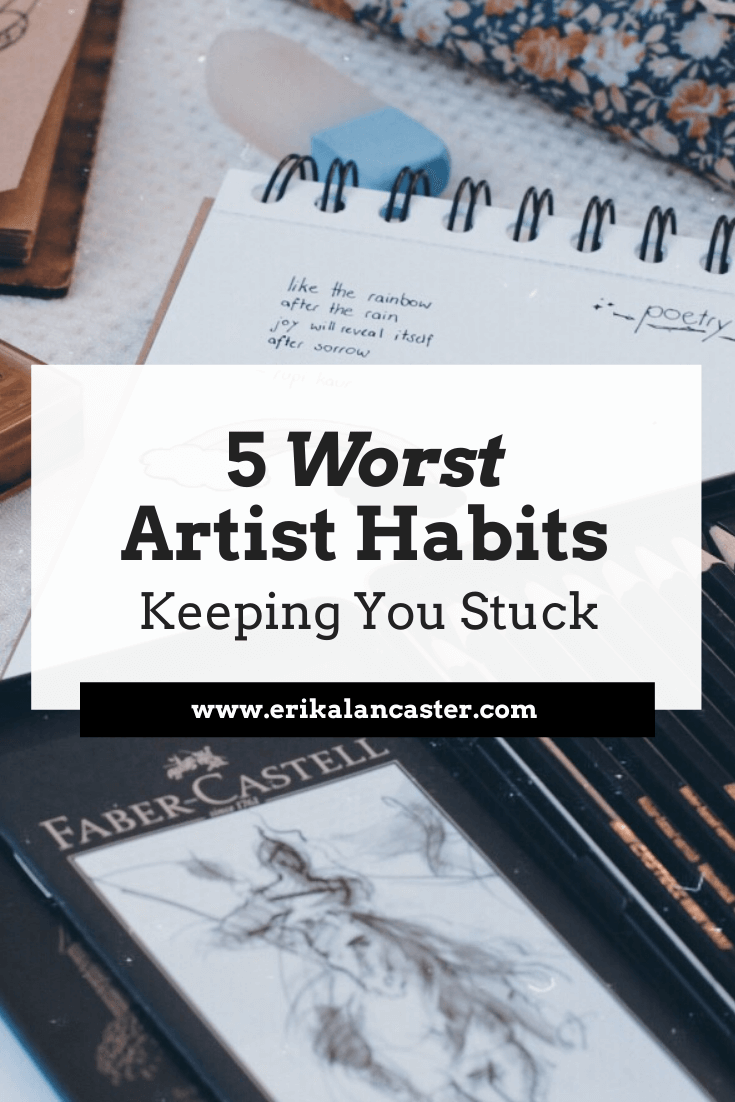
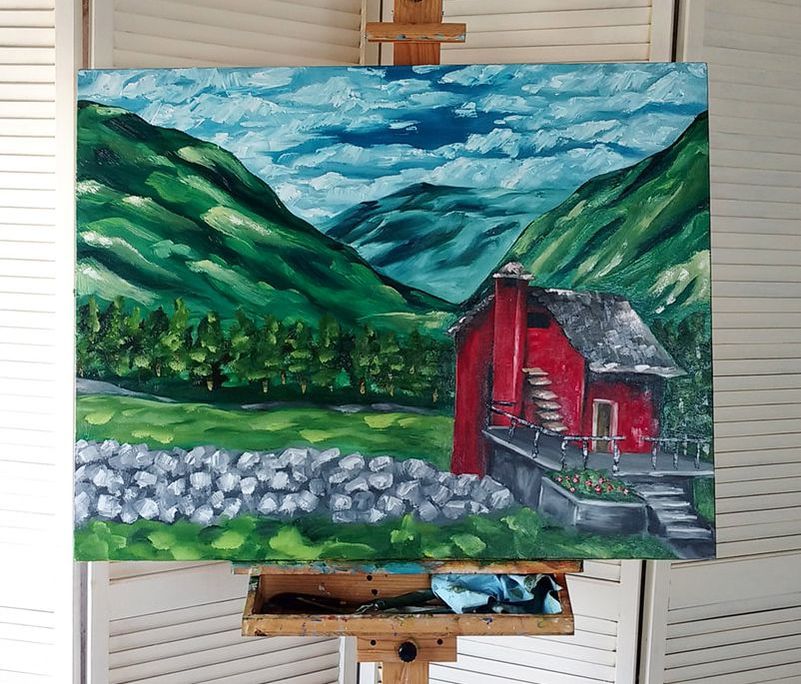
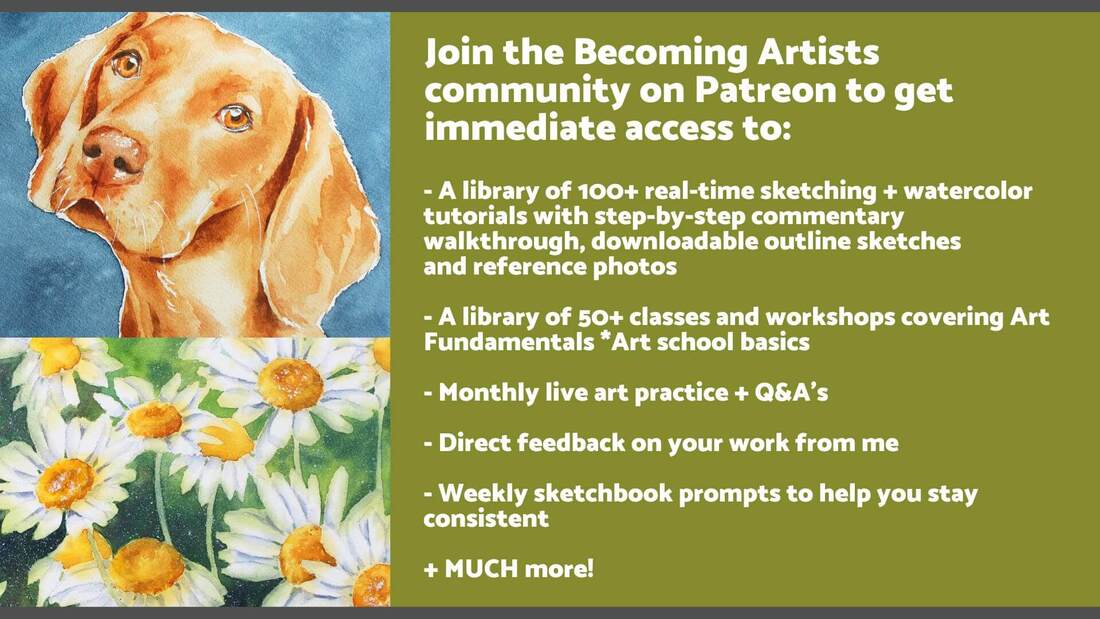
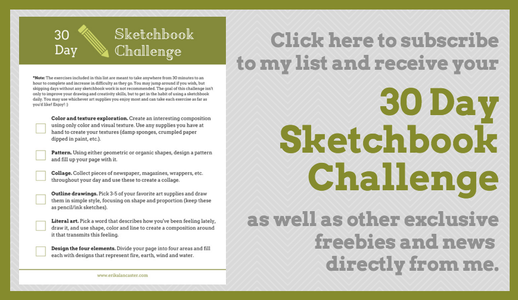
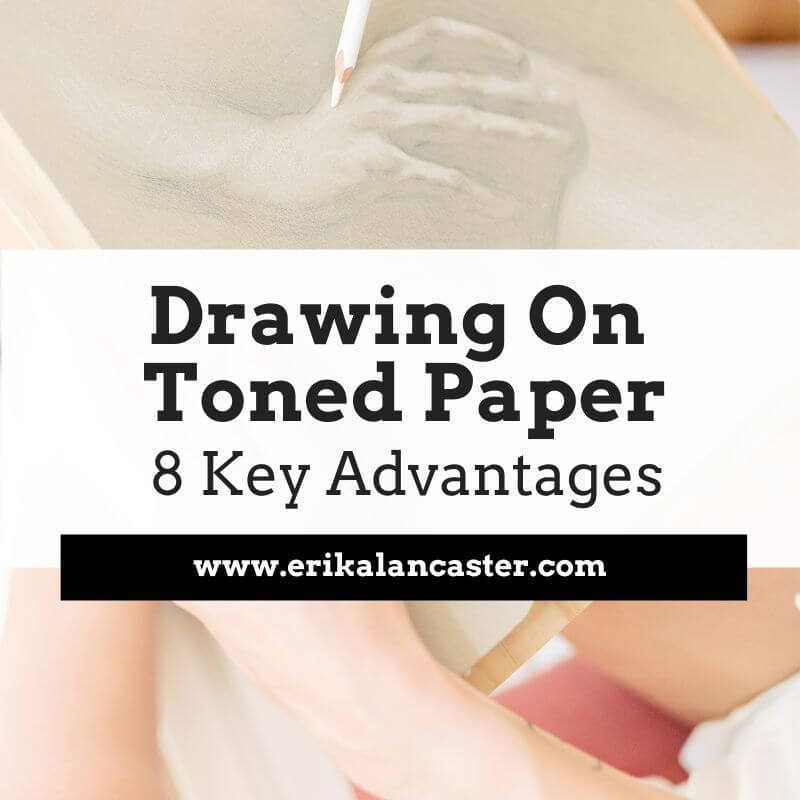
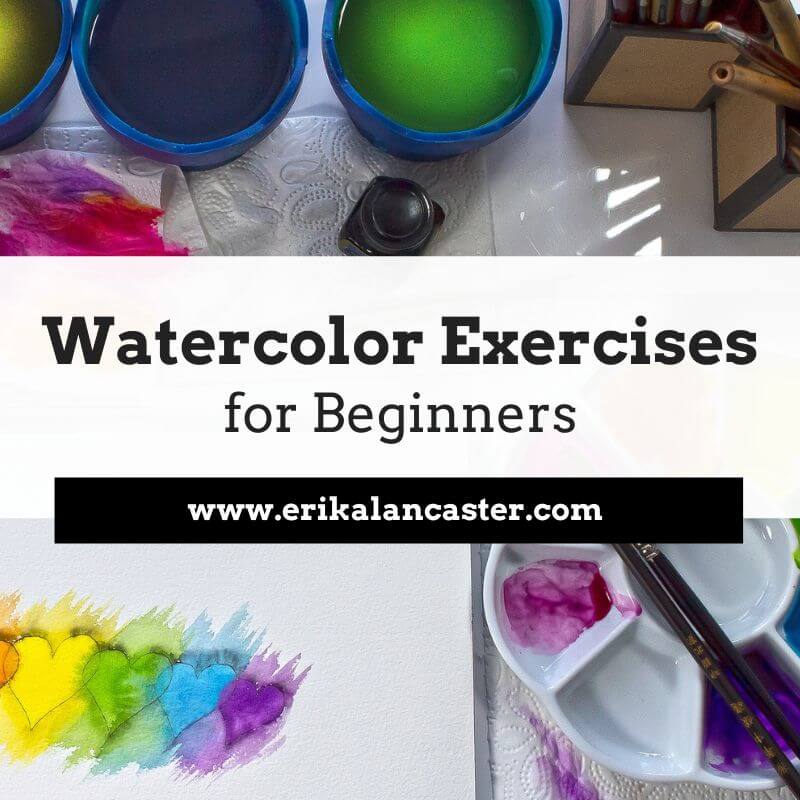
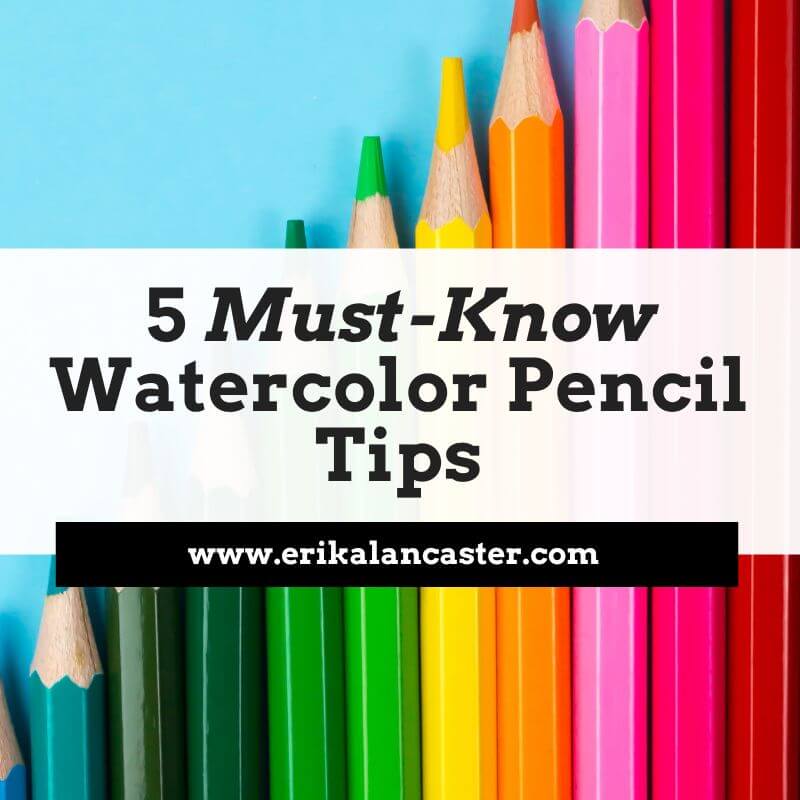
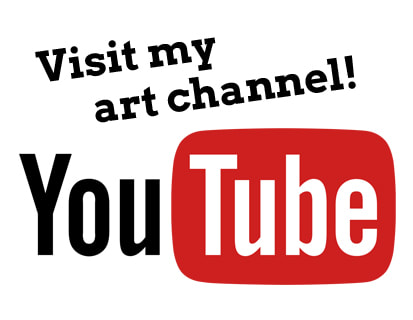
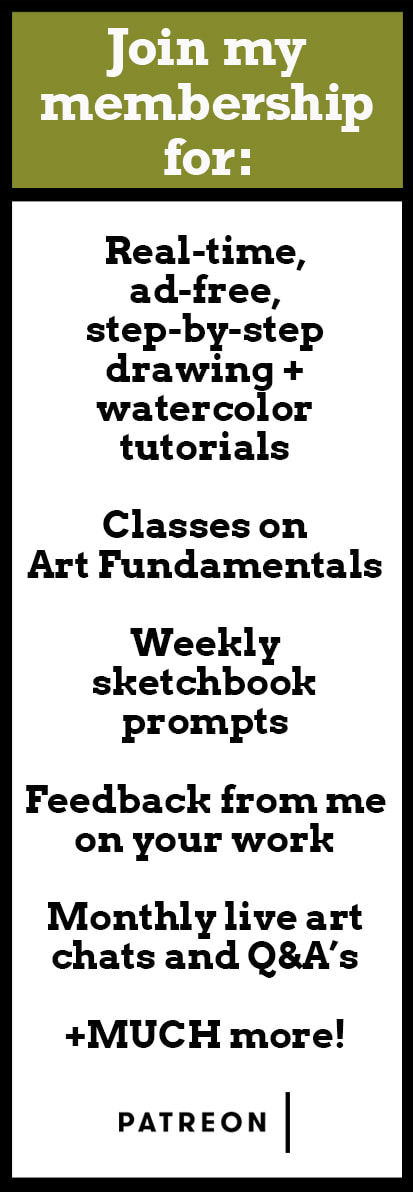
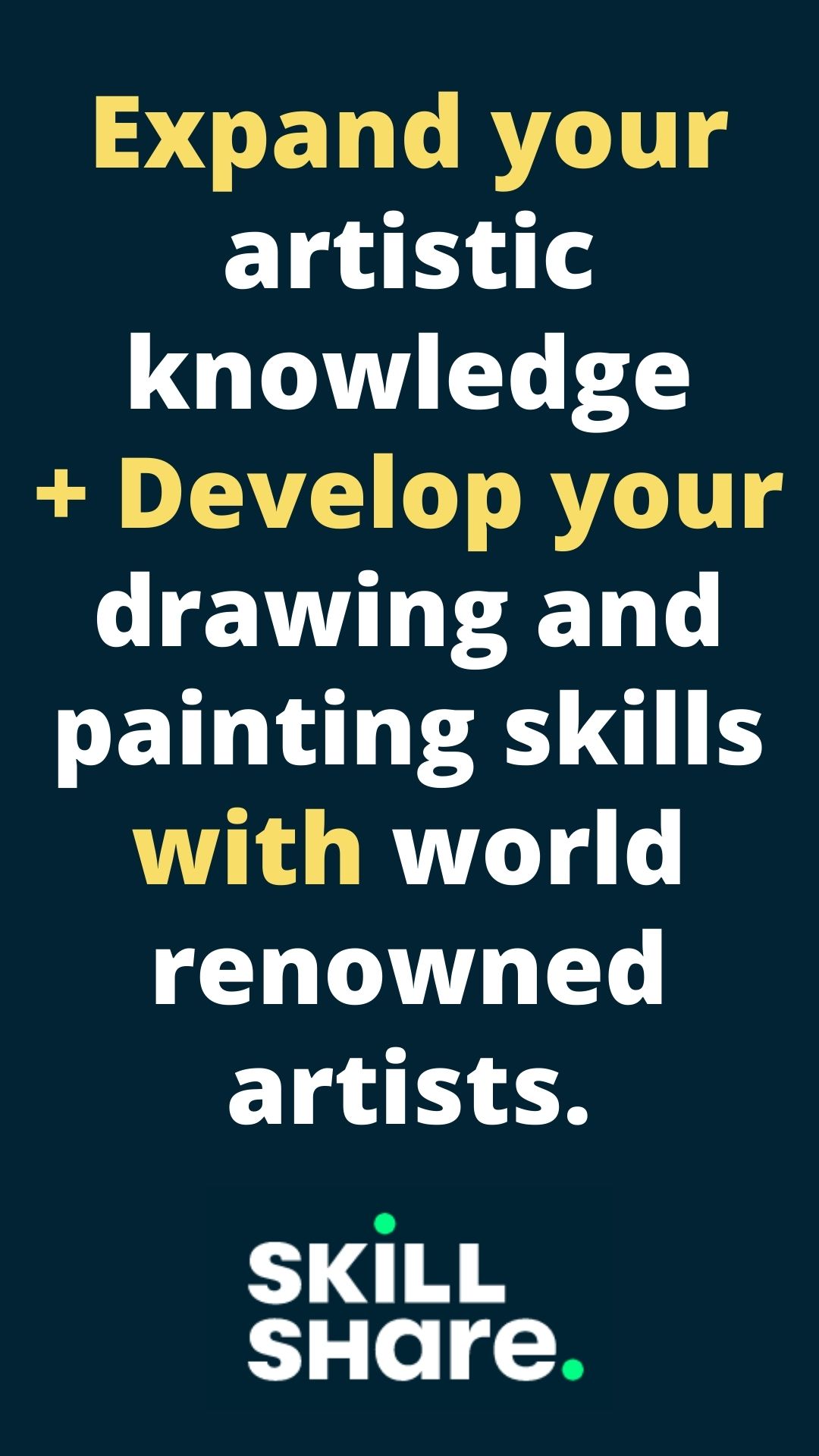

 RSS Feed
RSS Feed

